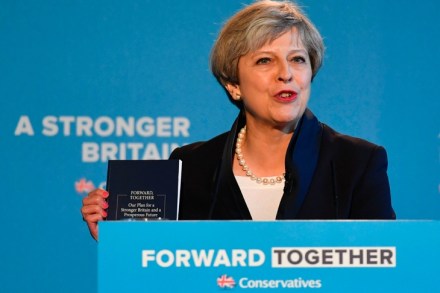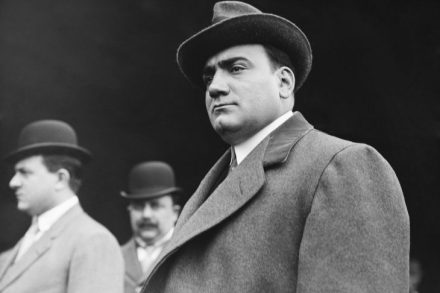Populism is making a comeback in Europe, and Austria is leading the way
Last year’s Austrian presidential election looked like a turning point for the European Union. Alexander Van der Bellen, a soft left Eurofederalist (narrowly) defeated Eurosceptic Norbert Hofer, of the hard right Austrian Freedom Party, and Continental Europhiles went into 2017 with fresh hope that they might halt the tidal wave of Brexit, before it engulfed the EU. Sure enough, this year France and Holland have both returned Europhile candidates, and Germany looks set to follow suit. The tide had turned, the pundits said. 2016 had been the high water mark of Populism. 2017 would be the year the EU fought back. However, the tide in Europe may now be about



















